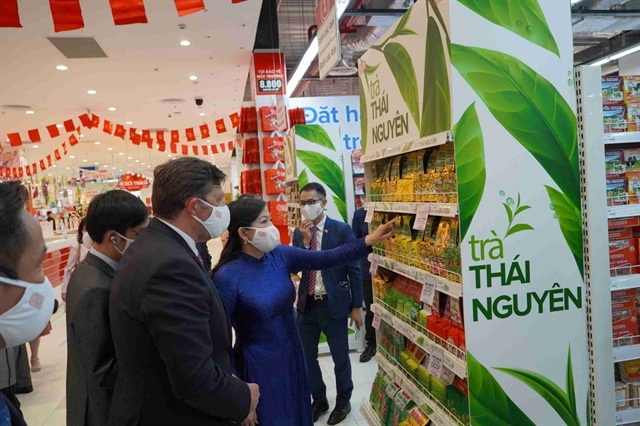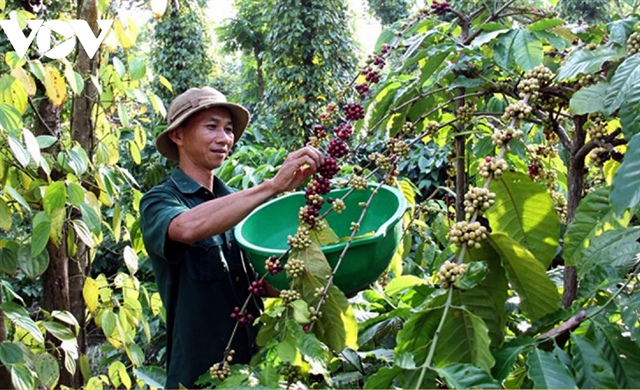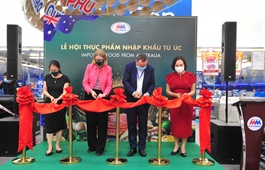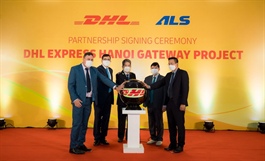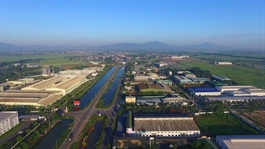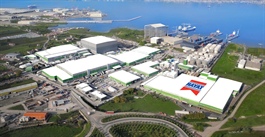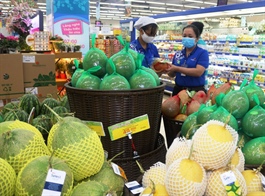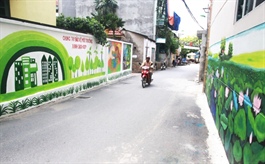Promoting Vietnamese exports to Northern Europe
Promoting Vietnamese exports to Northern Europe
Despite small market capacity and population, Sweden in particular and the Northern European region in general are considered potential markets for Vietnamese goods given the favorable terms of the EU-Vietnam Free Trade Agreement (EVFTA) and relatively high income of consumers in these markets.
Limited presence
Diep Van Ty, President of the Vietnam Business Association in Sweden and Chair of the Board at East Asian Food AB - a Sweden-based food importer, said the EVFTA reduces import taxes for most kinds of Vietnamese goods, enhancing their competitiveness in the Swedish market. The import taxes applied to farm produce and food - major Vietnamese exports to Sweden - were reduced to zero as soon as the agreement took effect in August 2020.
|
Data from the Vietnamese Trade Office in Sweden and Northern Europe show that among rice exporters to Sweden, only Vietnam, the US and Norway maintained positive export growth in the recent period. This result, too, is attributed to the EVFTA, which increases the competitive advantage of Vietnamese rice, as well as to trade promotion activities carried out by the Vietnamese Trade Office in Sweden and Northern Europe.
“With my long experience as a major Asian food importer and distributor in Sweden, I have found a growing presence of Vietnamese farm produce in the European market in general and Northern Europe in particular,” said Diep Van Ty. However, Vietnamese exports to Northern Europe still face certain difficulties.
Sweden and other North European countries rank high in terms of per-capita income but small populations mean low consumer demand compared with other markets. Moreover, due to geographical distance, transportation from Vietnam to Sweden and North European markets is costly, hindering the import of fresh products. Therefore, small import volumes do not benefit importers due to high expenses.
“Many Swedish consumers became familiar with the taste of products imported from Thailand and other countries when Vietnamese goods were almost absent in this market. It will take time to change consumer taste and habits. Moreover, production in Vietnam is mostly seasonal, leading to interruptions in supply and unstable prices,” Ty said.
In Ty’s opinion, along with business efforts to improve quality and diversify products, the state should put in place clear regulations on the use of pesticide and antibiotic residues in farm produce in order to ensure food safety and enable Vietnamese goods to compete with products of other countries such as Thailand, China and the Republic of Korea.
|
Bridge for Vietnamese goods in Sweden
The Vietnam Business Association in Sweden is calling for investment in a Vietnamese goods center in the city of Malmo. The center will import Vietnamese goods in large volumes and distribute them to North European and other European countries. In 2022, the association will send a team to Vietnam to seek stable and quality supply sources.
Many members of the association are owners of import companies and they prioritize Vietnamese goods. “First, we will promote the sale of Vietnamese goods among the Vietnamese community and then the Asian community and finally the local community. Many kinds of Vietnamese farm produce and food have been imported and distributed to major supermarket chains in Sweden,” Ty said.
|
Diep Van Ty, President of the Vietnam Business Association in Sweden and Chair of the Board at East Asian Food AB - a Sweden-based food importer: Vietnamese companies should ensure the quality and prestige of their products according to the requirements indicated in negotiations between exporters and importers. Prices must be stable and competitive, and regular supply must be ensured to increase the presence of Vietnamese goods in Sweden and other North European countries. |


